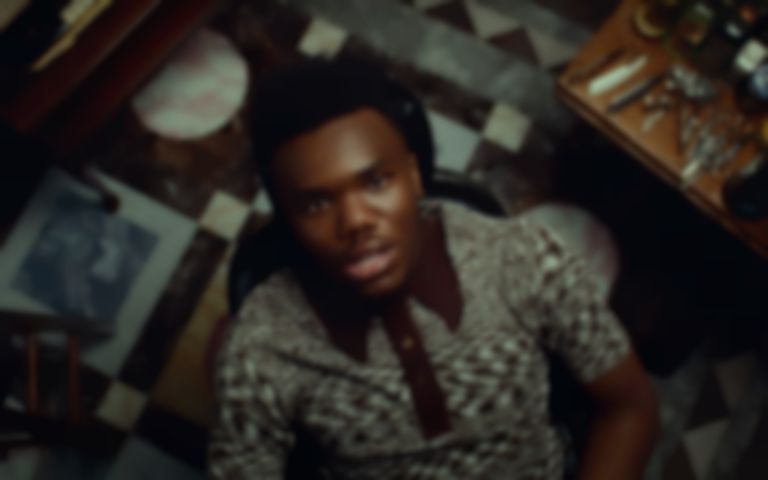



It's the sonic references nestled within the music that sprawl beyond the neighborhood's borders to take in the entirety of Southern Californian culture. The sprawling good kid, m.A.A.d city, the title built around an acronym for "my angry adolescence divided," is a "short film" with lyrics narrowly focused on a day in the life of a Compton man-child. Lamar and Ocean find inspiration in Outkast (with Lamar seemingly inspired by the neo-soul-inflected ATLiens, perhaps the group's murkiest-sounding classic) Pharrell Williams, a totem for genre-busting urban innovations, has collaborated with both.īut overall, Lamar's approach is more subtle. Ocean explicitly describes his encounters with the city's sights and sounds through the mid-2000s electronic funk scene (via Om'Mas Keith of Sa-Ra, who coproduces) and singer-songwriter pop rock (via a John Mayer cameo and hooks modeled on Elton John's "Bennie & the Jets"). Coincidentally, the other watermark work of 2012, Frank Ocean's channel ORANGE, is also posited as a coming-of-age tale in L.A. What differentiates good kid, for starters, is that it's first and foremost a quintessential Los Angeles album. Which isn't necessarily unusual in post-millennial hip-hop: Kanye West has made a career out of layering sounds and themes that often take a few listens, or even a few years, to fully absorb, while Outkast stirred funk, slang and Southern club trends into works that have as many components as a richly flavored gourmet dish. Kendrick Lamar's critically lionized good kid, m.A.A.d city has stunned listeners with its lyrical and musical depth.


 0 kommentar(er)
0 kommentar(er)
